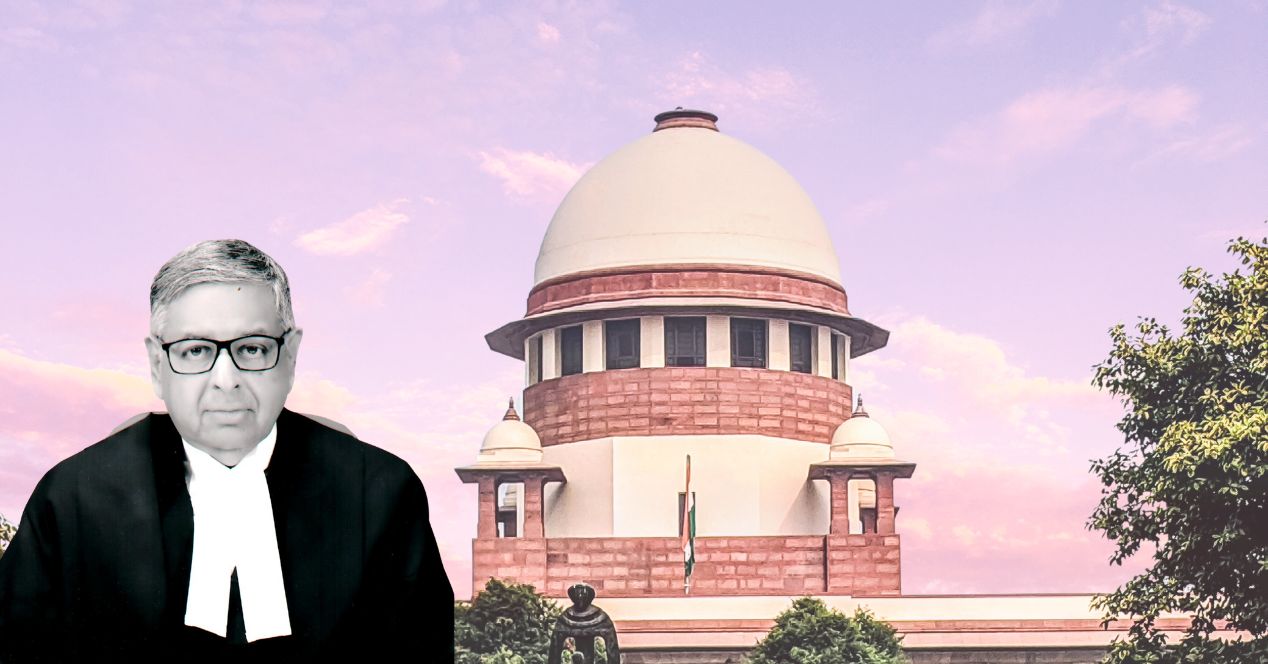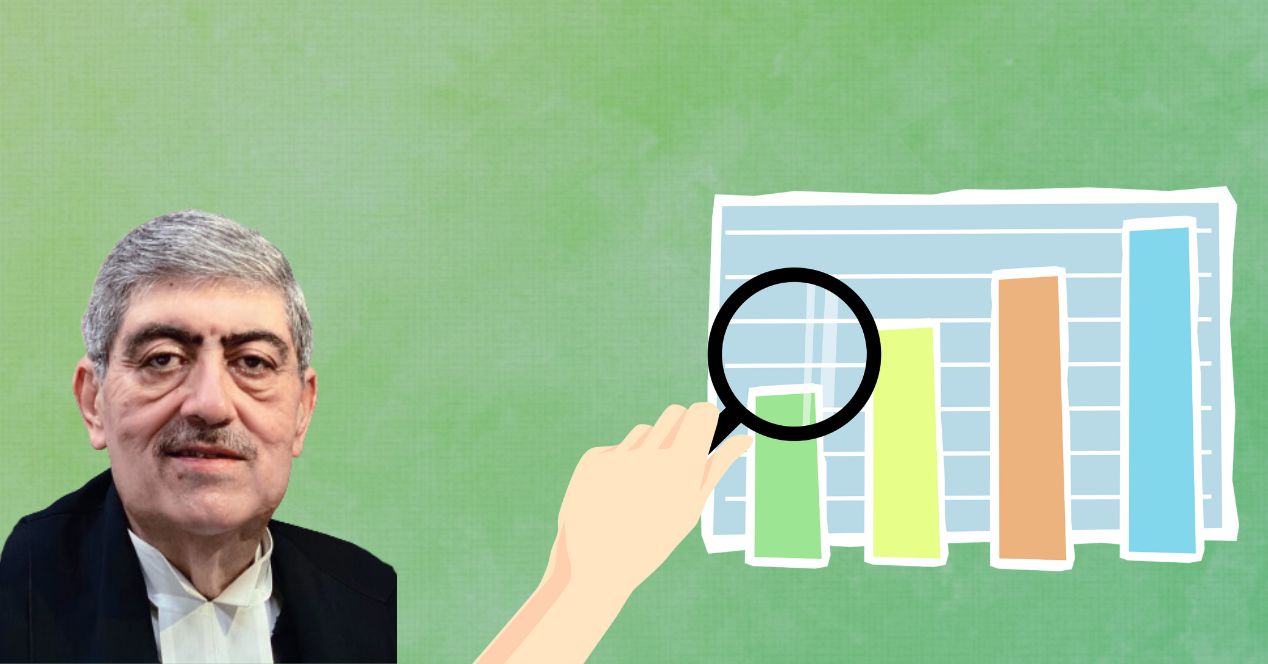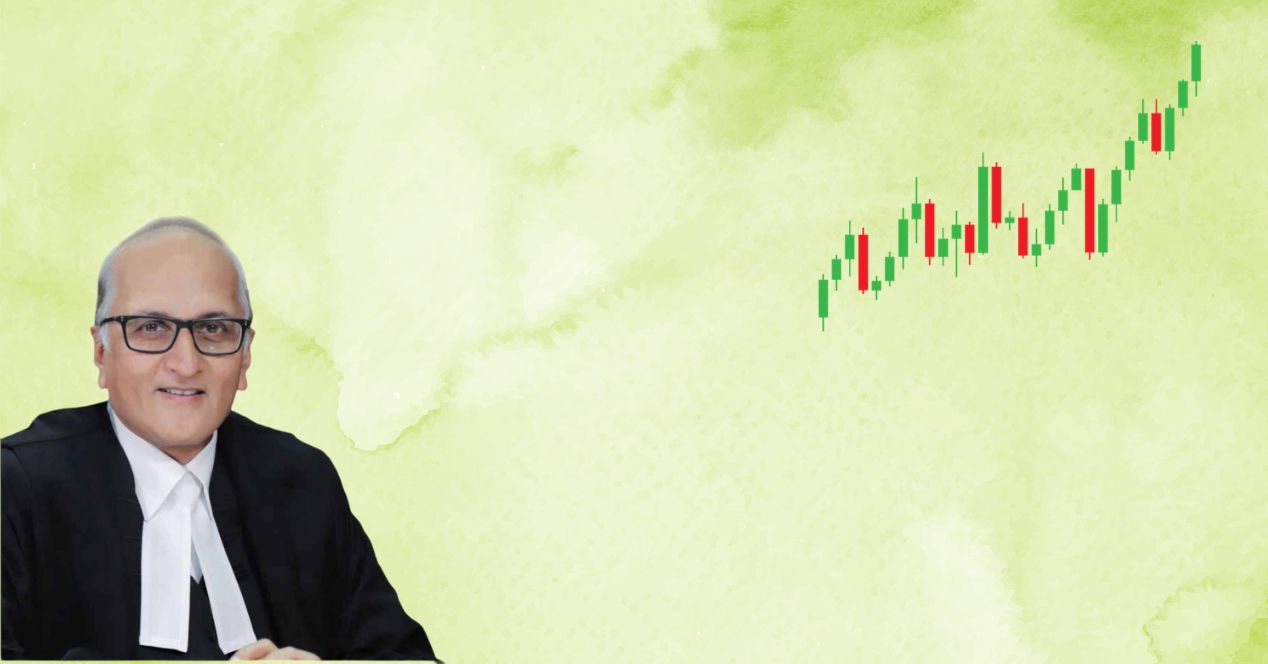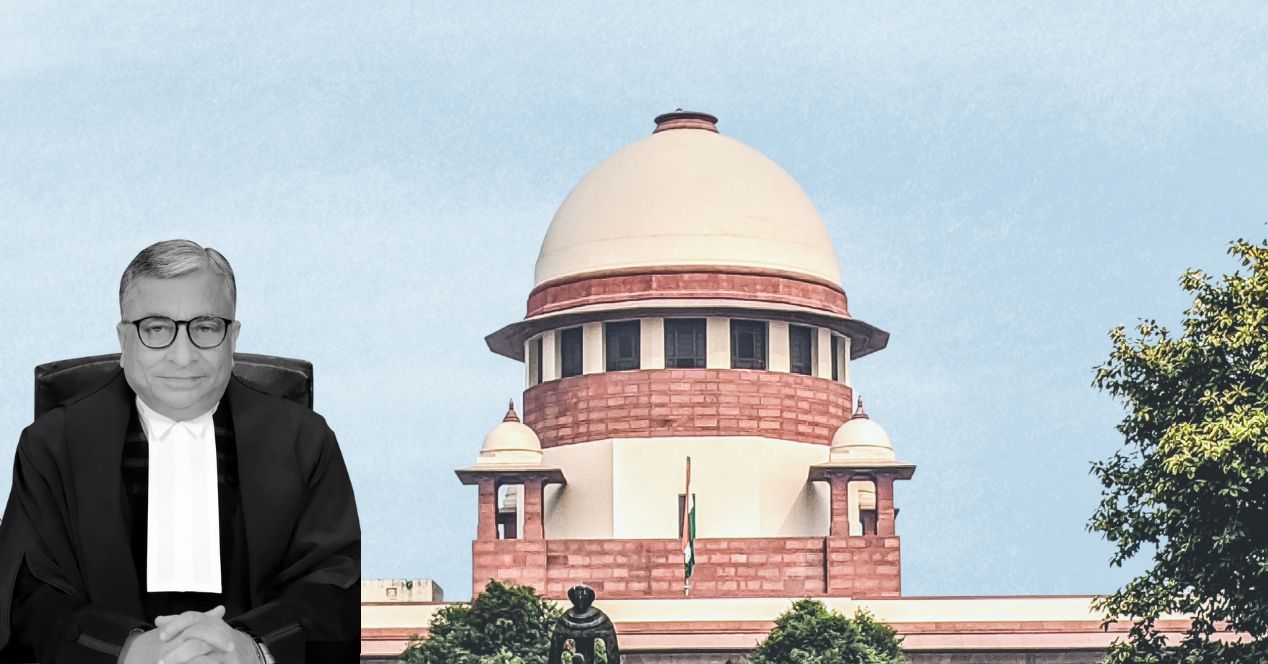Analysis
Justice A.S. Bopanna: Tenure in numbers
In his five year long tenure, Justice Bopanna authored 91 judgements in matters relating to criminal law, services, and property law
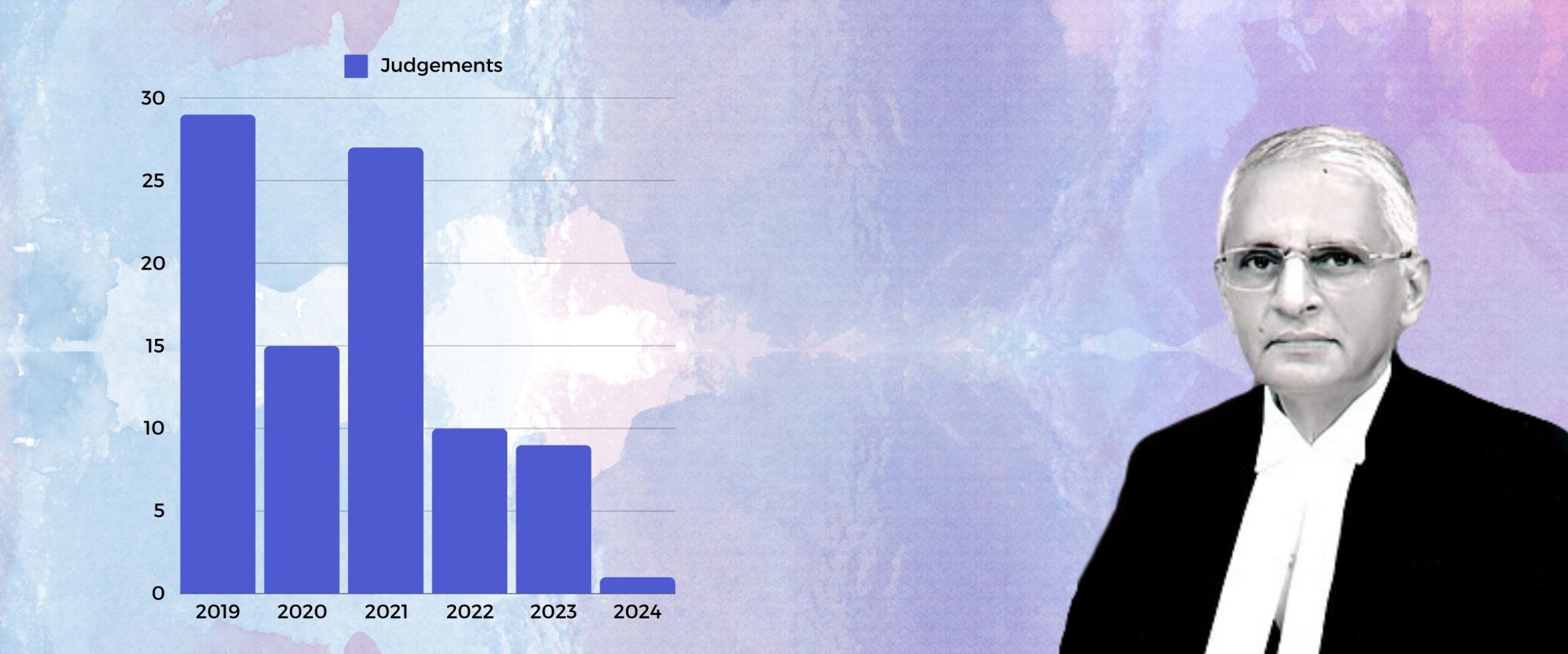
On 19 May 2024, Justice A.S. Bopanna will retire from the Supreme Court of India after a five year long tenure at the Supreme Court. Justice Bopanna was elevated in May 2019 from the Gauhati High Court.
Justice Bopanna was recommended by the Collegium along with Justice Aniruddha Bose on 12 April 2019. The Collegium, led by former Chief Justice Ranjan Gogoi, reiterated their recommendation on the Union Government’s objection, highlighting that the Union found “nothing adverse regarding competence, conduct or integrity” of the judges.
During his tenure, Justice Bopanna authored 91 judgements and was a part of 518 benches. In this article, we breakdown his tenure in numbers.
Figure 1 plots the expected tenure of all sitting judges of the top court. Justice Bopanna’s tenure falls short of the average tenure of sitting judges, which is currently at 5.3 years. He was appointed on 24 May 2019 alongside Justices B.R. Gavai, Surya Kant, and Aniruddha Bose. Justice Bose retired last month. Among this cohort of judges, Bose had the shortest tenure (4.8 years), followed by Justice Bopanna.
Among the sitting judges, Chief Justice D.Y. Chandrachud has the highest tenure of 8.5 years. The shortest tenure will be of Justice S.C. Sharma who was appointed last year in November 2023.
No. of judgements authored
Figure 2 shows the total number of judgements authored by sitting judges of the Supreme Court. The bar in dark blue plots the total number of judgements authored by each judge. The bar in light blue represents the average number of judgements written each year.
During his five year tenure, Justice Bopanna authored 91 judgements. This is an average of 18.6 judgements per year. He comes second in his cohort, after Justice Gavai who has authored 197 judgements within five years. However, Justice Bopanna has written more than Justice Kant has authored 66 judgements. Justice Bose had authored 67 judgements at the time of his retirement. These judges have served around the same tenure at the Court so far.
Among the sitting judges, CJI Chandrachud has authored the highest number of judgements at 598 judgements, coming up to 74.7 judgements a year.
Year-wise breakdown of authorship
Figure 3 gives a breakdown of the number of judgements (purple) authored by Justice Bopanna along with the number of benches (yellow) he was a part of. An additional data point of rate of authorship is displayed on the blue bar. The authorship rate is the number of judgements authored by Justice Bopanna from the benches he was a part of.
In his first year as a judge of the Supreme Court, Justice Bopanna authored 29 judgements and was a part of 120 benches. This was also the year where he authored the highest number of judgements, despite being appointed almost mid-year in May. His authorship rate was also the highest at 24.16%.
2020 saw a dip in the number of judgements he wrote (15 judgements) and the number of benches he was a part of (72 benches) owing to the Covid-19 pandemic. This increased to 27 judgements and 127 benches in 2021. That year saw the highest bench activity in Justice Bopanna’s career. 2020 and 2021 saw an authorship rate of 20.83% and 21.25% respectively.
Justice Bopanna had the lowest authorship rate of 8.85% in 2022. He wrote just 10 judgements that year though he was a part of 113 benches. In the same year, he was a part of a Constitution Bench which heard four cases.
In 2023, he wrote nine judgements. However, he was also part of fewer benches in 2023, at 76. Overall, his authorship rate increased from 2022 to 11.8%.
By May 2024, Justice Bopanna authored one judgement and was a part of 10 benches.
Subject matter of judgement
Of the 91 judgements Justice Bopanna wrote, 22 cases were criminal matters. This was followed by service (19), property (16), arbitration (8), banking (8), civil (8), consumer (6), land acquisition (5), and insurance (4). He was on the roster for land acquisition, compensation, criminal, family, and civil cases.

